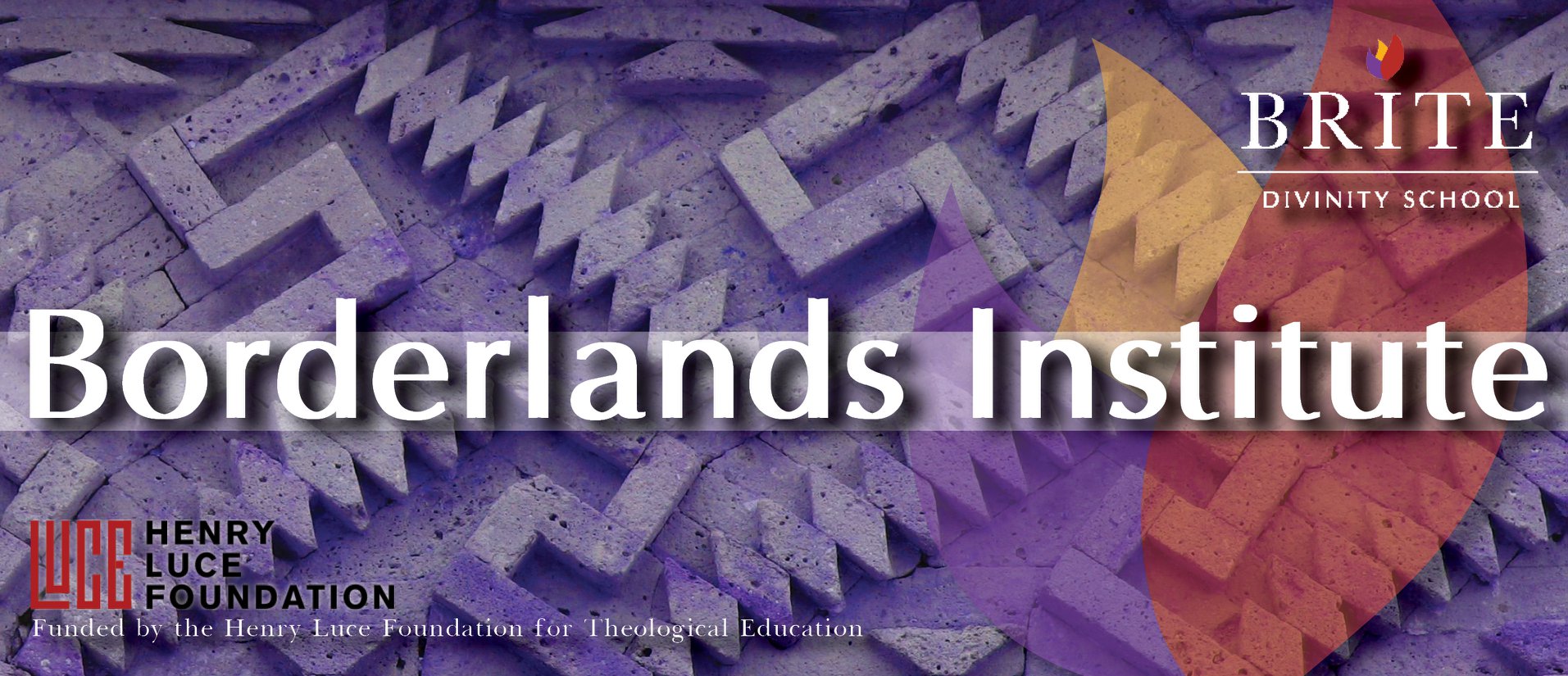Supported by a grant from the Theology Program, Brite Divinity School’s Borderlands Institute will help provide immediate financial aid and critical needs such as healthcare, food, and shelter assistance to immigrant communities. Many immigrants provide essential services, working in the food supply industry and caring for children, the sick, and the elderly. These jobs have made them more vulnerable to infection from COVID-19, as well as to employment loss and potential detainment or deportation.
Brite Divinity School’s Borderlands Institute has received a $150,000 emergency grant from the Henry Luce Foundation for immediate and direct aid to immigrant communities. Grappling with the effects of the COVID-19 (coronavirus) pandemic, the Foundation’s Theology Program sought institutions that could provide rapid support to the most vulnerable communities, while sharing their voices and experiences.
In the midst of COVID-19, many immigrant communities, particularly along the southern U.S. border, are in urgent need of financial assistance. Members of these immigrant communities provide essential needs, such as harvesting the U.S.’s food supply and processing meat in packing facilities, or engaging in various service industries, such as care of children, the elderly and the sick, as well as housekeeping and landscaping. These individuals are at greater risk of infection of COVID-19, and thus, losing their jobs, and in many cases, being detained in or deported out of the country while possibly carrying the virus. Their jobs are precarious at any time, with no sick leave, paid vacation or health insurance. These communities are in urgent need of financial assistance for food, housing and household bills.
The emergency grant fund will be used to financially assist established nonprofits, humanitarian organizations and religious communities that are involved in sheltering and providing healthcare, food and other basic critical and pastoral needs to immigrant communities. In addition, the grant will fund new and/or ongoing programs linked to these communities, including faith communities, nonprofits and ministries seeking to provide emergency assistance. Finally, the grant funds will be utilized to document the historical impact of immigrant communities and add their voices to the national/global narrative in these unprecedented days.





